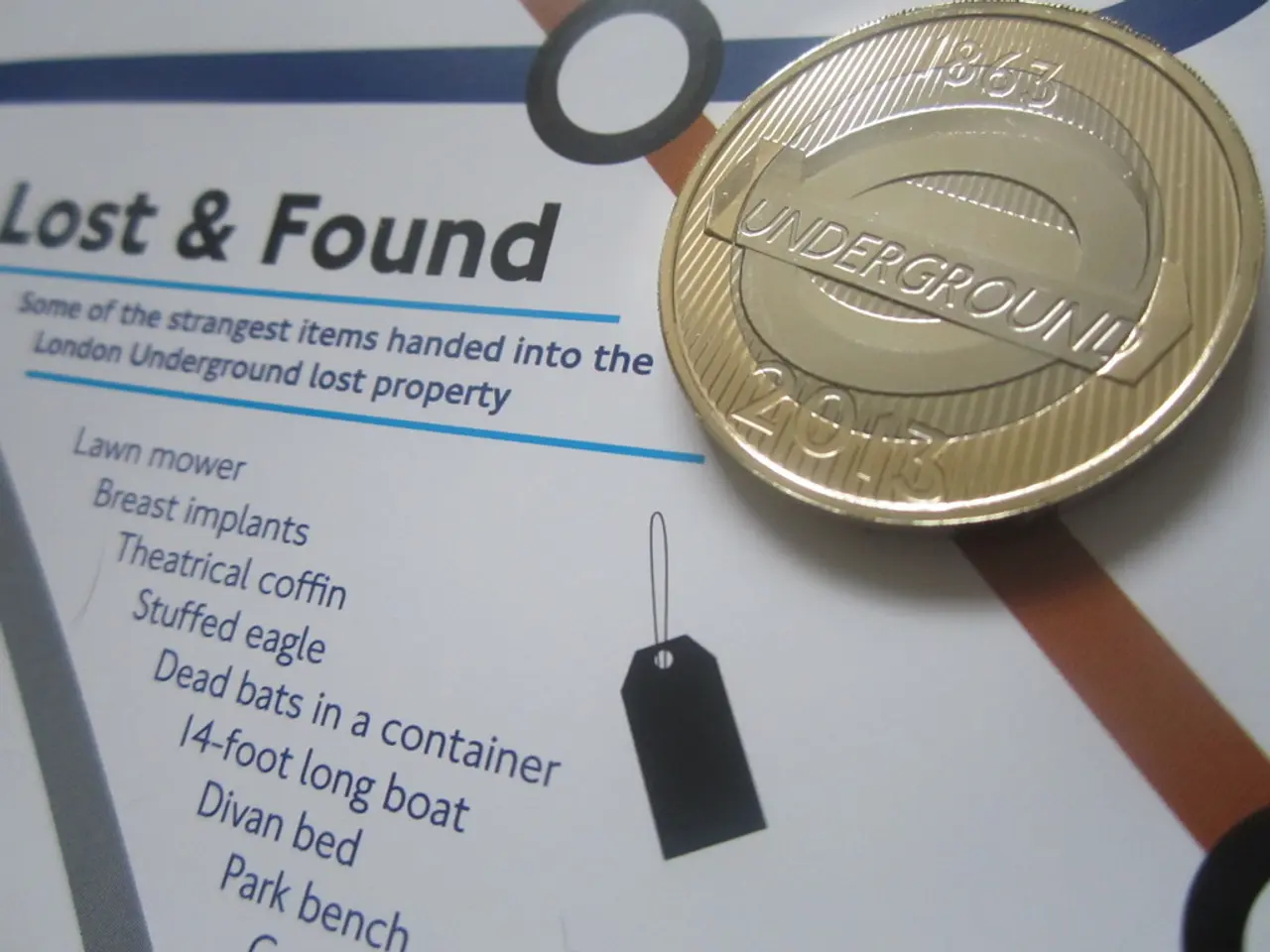Restructuring of OTP and HIF Organizations
In a strategic move, OTP Group, the Hungarian bank, has decided to centralise all its trade finance activities, including forfaiting, in its Budapest head office. This decision is expected to strengthen the bank's international activities.
OTP Group, which has expanded into eight new countries in Central and Eastern Europe, aims to leverage this centralisation for operational and economic advantages. Attila Bogaru, who is expected to head up the consolidated trade finance division, will play a key role in this transition.
HIF, a London-based forfaiting and trade finance intermediary, will continue to operate within the OTP Group. Its role will primarily involve introducing business to OTP Bank and other group members, while placing transactions originated by OTP in the market. However, specific information about the impact of this centralisation on OTP Group's clients has not been disclosed.
Meanwhile, the African Development Bank (AfDB) and Attijariwafa are targeting African trade with a risk-sharing deal. Details about the impact of this restructuring on OTP Group or its clients were not provided.
Asia Pacific corporates, on the other hand, are increasingly embracing nearshoring, according to HSBC. This trend suggests a shift in business strategies towards geographical proximity for improved efficiency and cost reduction.
In other news, Hungary Exim has received World Bank support for an ING loan. The exact purpose of this loan was not specified.
By the end of 2006, HIF's operations will be restructured. The number of employees at HIF is expected to reduce as part of this process.
It's worth noting that when a financial institution like OTP Group expands into new regions, it often implements strategies such as integration and alignment with local market conditions, technology and digitalization, strengthening risk management practices, and forming strategic partnerships with local businesses and financial institutions. These strategies can help banks effectively manage their expanded operations and provide robust trade finance services across the regions they operate in.
Despite turbulent times, an ongoing analysis indicates that trade finance appetite remains firm. This suggests that despite challenges, there is a continued demand for trade finance services, underscoring its importance in facilitating global trade.
The implementation of ISO 20022, a messaging standard for the financial industry, is another topic under analysis in the trade finance ecosystem. This standard aims to improve the efficiency and security of financial transactions, potentially benefiting banks like OTP Group in their operations.
As always, for detailed insights into OTP Group's strategies and expansion plans, it would be best to consult their official communications or financial reports.
OTP Group, with its expansion into eight new countries in Central and Eastern Europe, seeks to utilize centralization of trade finance activities for operational and economic benefits, particularly within the banking-and-insurance industry. The consolidated trade finance division, led by Attila Bogaru, is anticipated to play a key role in the industry, including trade finance.
Following this centralisation, HIF, a London-based forfaiting and trade finance intermediary within OTP Group, will continue its operations, primarily focusing on introducing business to OTP Bank and other group members while placing transactions in the market, demonstrating the impact on the intermediary sector.




